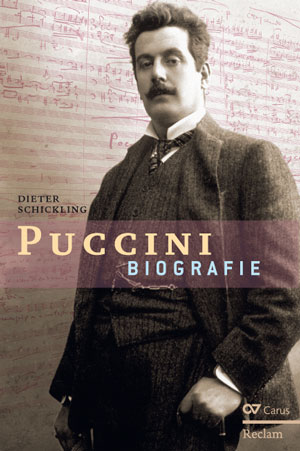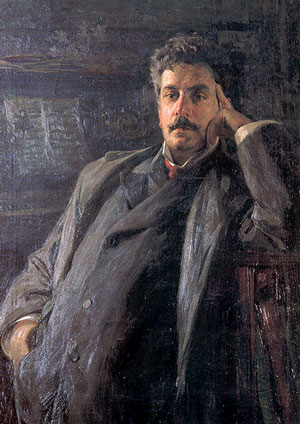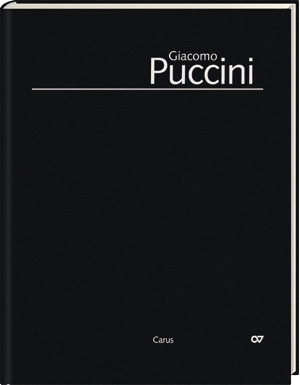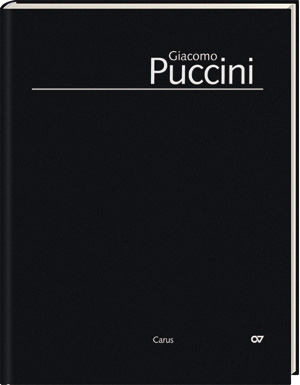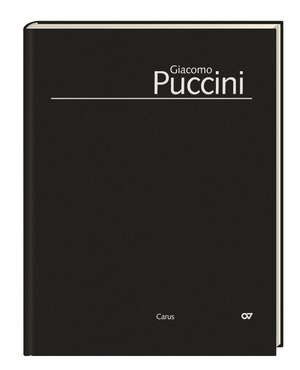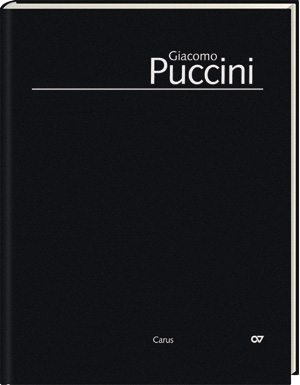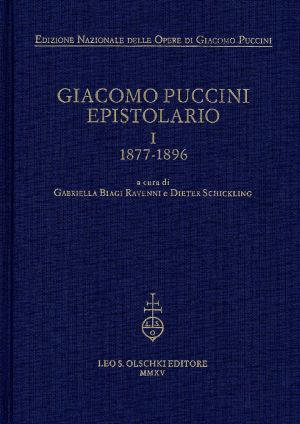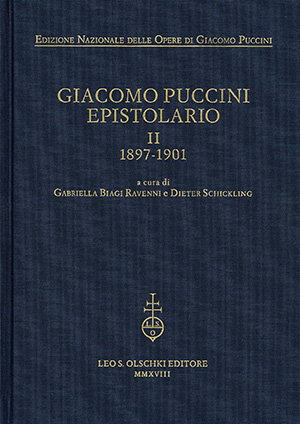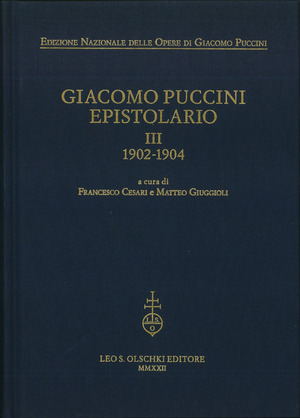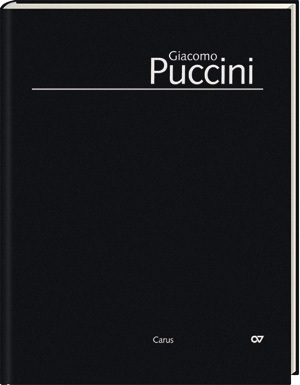
Lyriche
Edizione Nazionale delle Opere di Giacomo Puccini, III/3
It is little known that alongside his operas, Giacomo Puccini also frequently composed works for voice and piano accompaniment (vocal chamber music), as is the fact that he drew some of his most famous operatic inspiration directly from this creative reservoir. In other cases Puccini used this genre in order to experiment with techniques and styles which he later incorporated into his operas.
Volume III/3 Liriche per canto e pianoforte of the "Edizione Nazionale delle Opere di Giacomo Puccini", which also includes previously unknown works, offers a complete overview of the different facets of this vocal chamber music of Puccini. It offers new perspectives on Puccini’s operatic output as well as broadening our view of this multi-faceted composer.
Contents
-
Composer
Giacomo Puccini
| 1858-1924Giacomo Puccini came from a dynasty of church musicians who worked in the Tuscan city of Lucca. His Messa a 4 con orchestra, premiered there in 1880, seemed to point him toward a career in the same direction, but directly after this, he went to Milan Conservatoire with the aim of becoming an opera composer. His only independent orchestral works were written there as student works – the Preludio sinfonico (1882) and Capriccio sinfonico (1883), as well as some of his 16 complete surviving songs for voice and piano (Canti), which he composed, with frequent references to his operas, almost throughout his career. He achieved a breakthrough as an opera composer with Manon Lescaut (1893); between 1893 and 1904 he composed La Bohème, Tosca and Madama Butterfly, which remain his most frequently-performed works today. In recent years there has been a growing realisation that Puccini's entire output requires reappraisal. And so, he has increasingly come to be understood as a musician searching for a way forward into the modern age. Personal details
-
Editor
Riccardo Pecci
| 1968
Frequent questions about this work
 There are no questions and answers available so far or you were unable to find an answer to your specific question about this work? Then click here and send your specific questions to our Customer Services!
There are no questions and answers available so far or you were unable to find an answer to your specific question about this work? Then click here and send your specific questions to our Customer Services!



